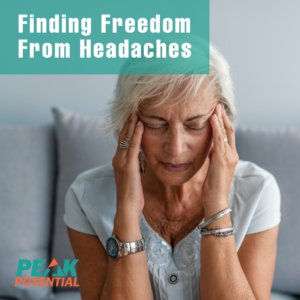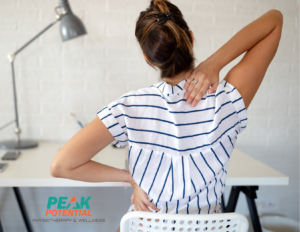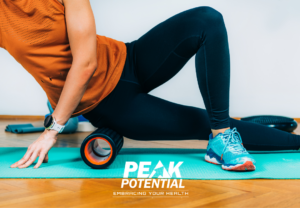The occasional episode of insomnia isn’t unusual for the average person. Everyone struggles to fall asleep at times. It can be frustrating to just lie in bed wanting nothing other than to just fall asleep. The longer it takes, the more anxious you become about it.
Unfortunately, those with joint pain, back aches, muscle soreness from a work out, or are recovering from an injury often suffer on a regular basis. Sure, we can all survive a few nights of poor sleep, but it becomes increasingly troublesome when night after night you can’t seem to get comfortable.
It’s not just a night time problem either. Lack of sleep makes everyday life – and our bodies ability to recover from the pain or injury – more challenging. This makes it a problem too important to ignore for long. If aches, pains, or discomfort are keeping you up at night, don’t take the mistaken belief that this is “just a part of life” or worse “a part of getting older”.
You can take an active approach when dealing with insomnia and here are our 10 tips:
- Keep the Same Bedtime
Your body has a internal clock that tells your body when it should be asleep. A consistent bedtime keeps your internal clock in sync and allows you to fall asleep more easily and get into a deeper, more restorative sleep states.
2. Avoid Eating Before Bed
Digesting food is stimulating work for the body. Ideally, we would finish eating 3 hours before trying to sleep. This allows our body to go to work on healing and repair once we are asleep instead of doing the work of digestion.
3. Limit Caffeine and Stimulants
Caffeine in food or drink and stimulants in supplements or medications keep us awake. Some of us metabolize stimulants more quickly and it takes others longer to clear the system. The generic cut off for caffeine for most is 2pm, but your Nutrition DNA test can give you a more personalized answer.
4. Avoid Alcohol and Depressants
Alcohol and other depressant drugs also depress your sleep. It’s true you may feel relaxed and sleepy, but alcohol will keep you from getting into deep sleep that is required for healing and body restoration. You may fall asleep quickly, but you will not sleep soundly.
5. Change Your Mattress
Feel lumps, bumps, or slumps in your mattress? A new mattress may help a sore back – especially if it is approaching the 10 year mark. Consider the Goldilocks principle when it comes to choosing the firmness – not too hard but not too soft.
6. Personalize Your Pillow
A pillow change is obviously a lesser expensive fix, but can give you a big return on investment. Getting your head and neck in perfect alignment through your personalized pillow prescription can have effects through the rest of your body.
7. Listen to a Guided Meditation
Pain and discomfort can consume our thoughts at bedtime when there aren’t other distractions. Listen to a guided meditation to help relax tense muscles, decrease stress hormones, and take the mind to a quieter place making it easier to fall asleep.
8. Learn Deep Breathing Techniques
Breathing can help the body relax, but it is much more than that. Deep breathes trigger a relaxation response and hormone production that can both help you fall asleep and inhibit a pain response.
9. Avoid Medication for Sleep
Over the counter and prescription sleep medications are a temporary fix at best. They can “knock you out” so you aren’t staring at the ceiling but these drugs keep up from getting into restorative sleep states. Deep sleep is necessary for our body to repair and regrow tissue, build bone and muscle, and strengthen the immune system.
10. Try Natural Sleep Aids
Natural sleep aids such as melatonin, 5-HTP, or L-theanine can help the body not only fall asleep but get into those deep sleep states that will allow the body to heal. Our favorite method is to combine all three in order to fall asleep, stay asleep, and wake up refreshed.
Finally, try not to get too upset over an occasional bout of insomnia. Keep a few of these tricks up your sleeve – like guided meditation and natural sleep aids – for those restless nights and you will be just fine.
If you frequently have a hard time falling asleep due to discomfort in your body, try the above tips and schedule an appointment with an expert. Whether you have a new nagging injury or chronic pain that has bothered you for years, help is available. As physical therapists we are experts at getting to the root cause of your discomfort.
At Peak Potential we take an integrative approach to pain treatment, so we likely have a trick up our sleeve that you haven’t tried yet. Click the link below to discuss your pain or sleep concerns with a doctor of physical therapy at no cost and find out what solutions we may be able to offer.




